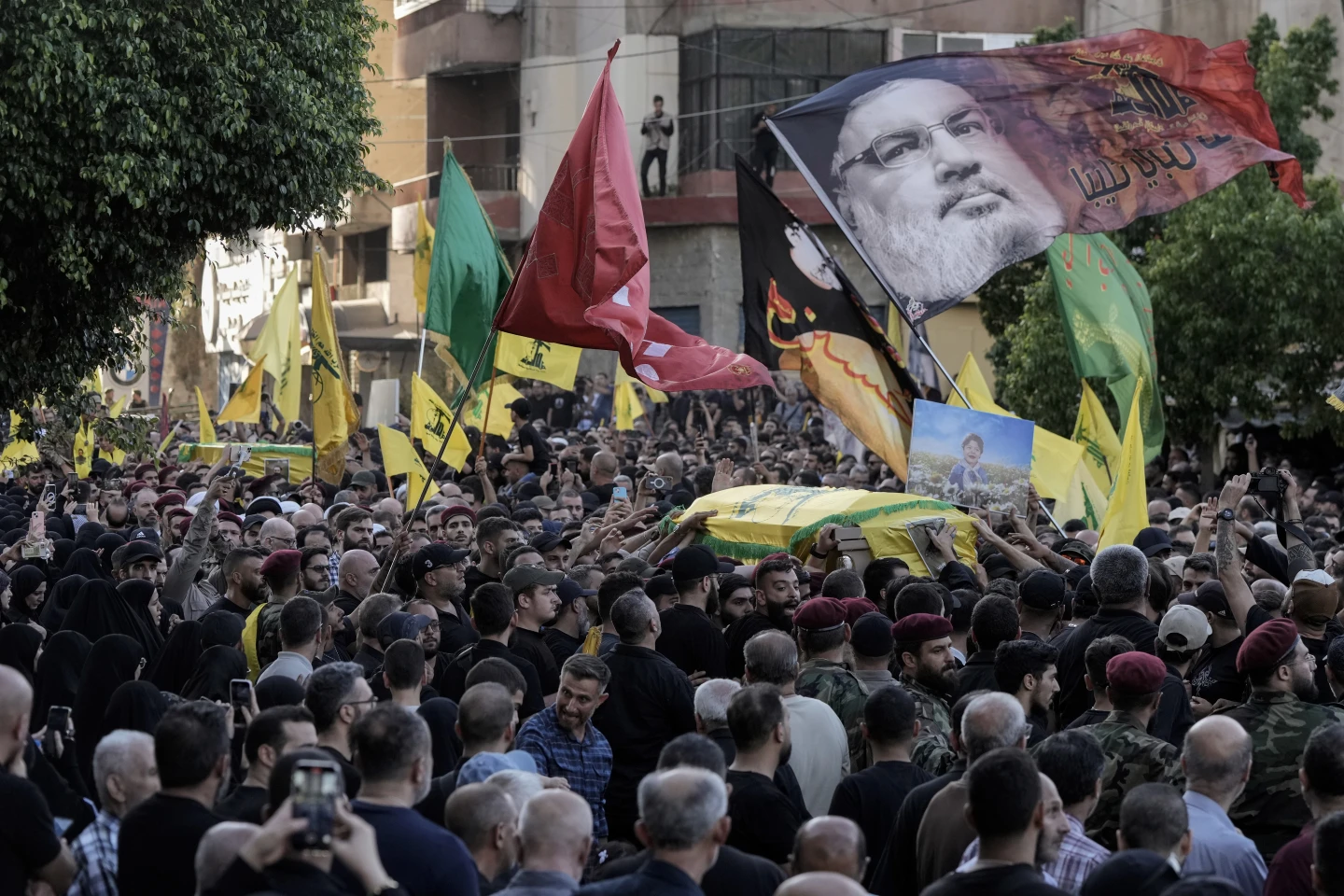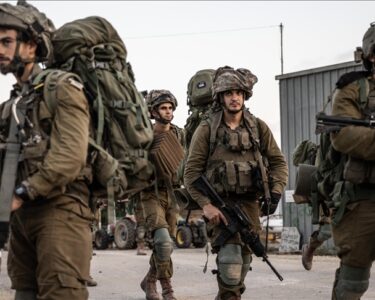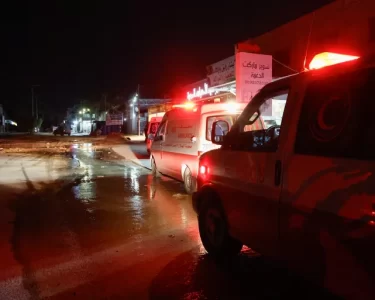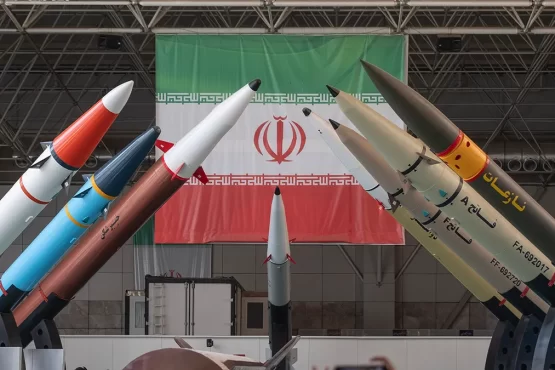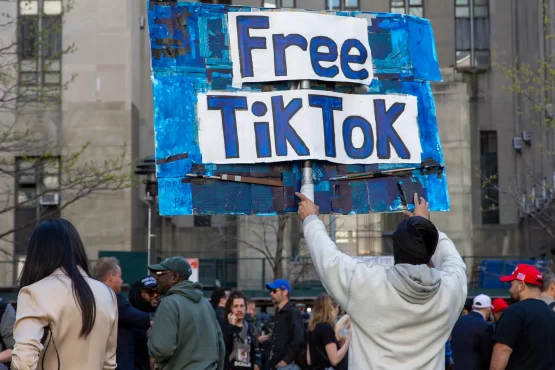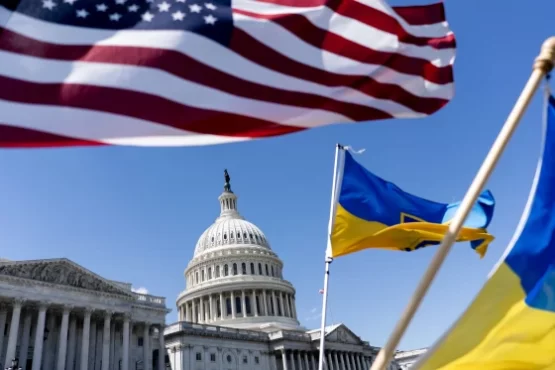Lebanon’s Health Ministry announced on Saturday that the death toll from Friday’s Israeli airstrike on a southern Beirut apartment building has risen to 37, with dozens more injured. The attack, which leveled an eight-story building in a densely populated neighborhood, marks the deadliest strike on the Lebanese capital since the 2006 Israel-Hezbollah war.
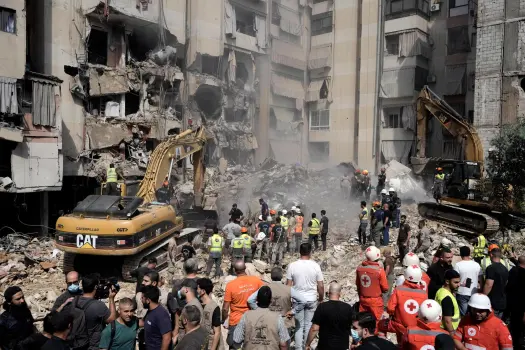
Health Minister Firass Abiad told reporters that among the deceased were at least seven women and three children. An additional 68 people were injured, with 15 requiring hospitalization. Abiad warned that the casualty count could increase further, as rescue crews continue to search the rubble and 23 people remain unaccounted for.
The Israeli military confirmed that the strike targeted and killed Ibrahim Akil, a top Hezbollah official who commanded the group’s elite Radwan Force, along with Ahmed Wahbi, a high-ranking commander in Hezbollah’s military wing. Israel’s Defense Minister Yoav Gallant defended the attack, claiming it disrupted Hezbollah’s chain of command and eliminated a figure responsible for Israeli deaths.
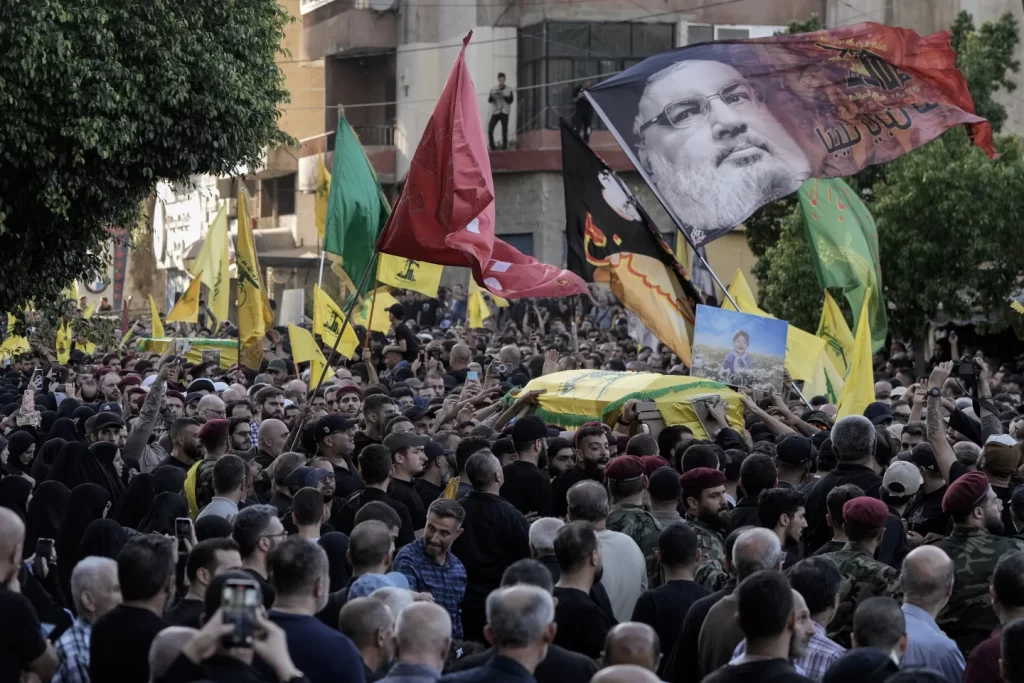
This strike follows recent coordinated attacks on Hezbollah that used exploding pagers and walkie-talkies, signaling an escalation in Israeli tactics against the Lebanon-based militant group.
The incident has heightened tensions in the region, with both Israel and Hezbollah exchanging fire on Saturday. In response to the expected surge in rocket attacks, Israel has imposed new restrictions on gatherings in its northern communities near the Lebanese border, leading to school closures in some areas.
As rescue efforts continue and the death toll potentially rises, concerns grow about the possibility of a wider conflict that could further destabilize the region. International observers are closely monitoring the situation, fearing that this escalation could lead to a full-scale war between Israel and Hezbollah.

